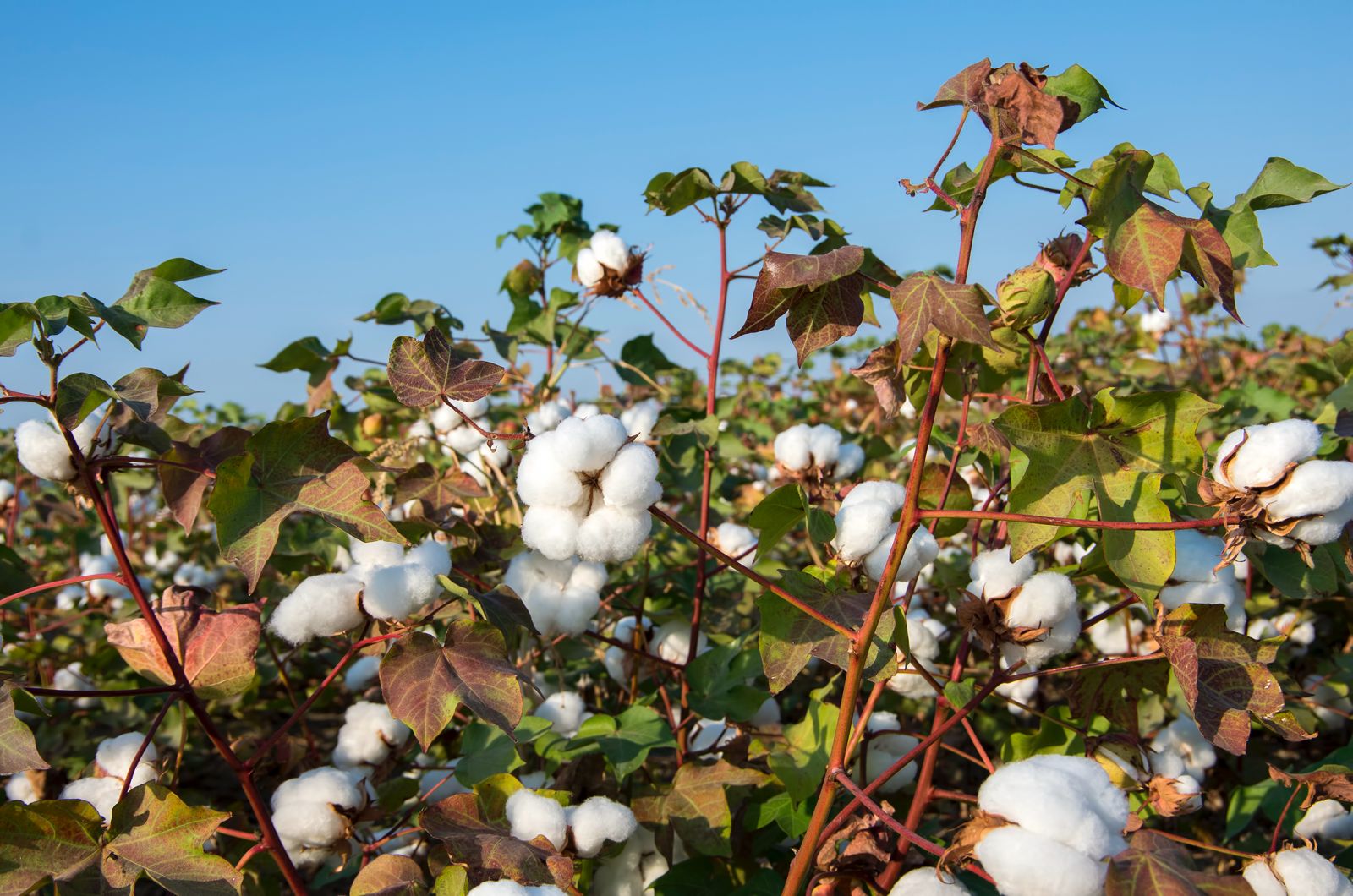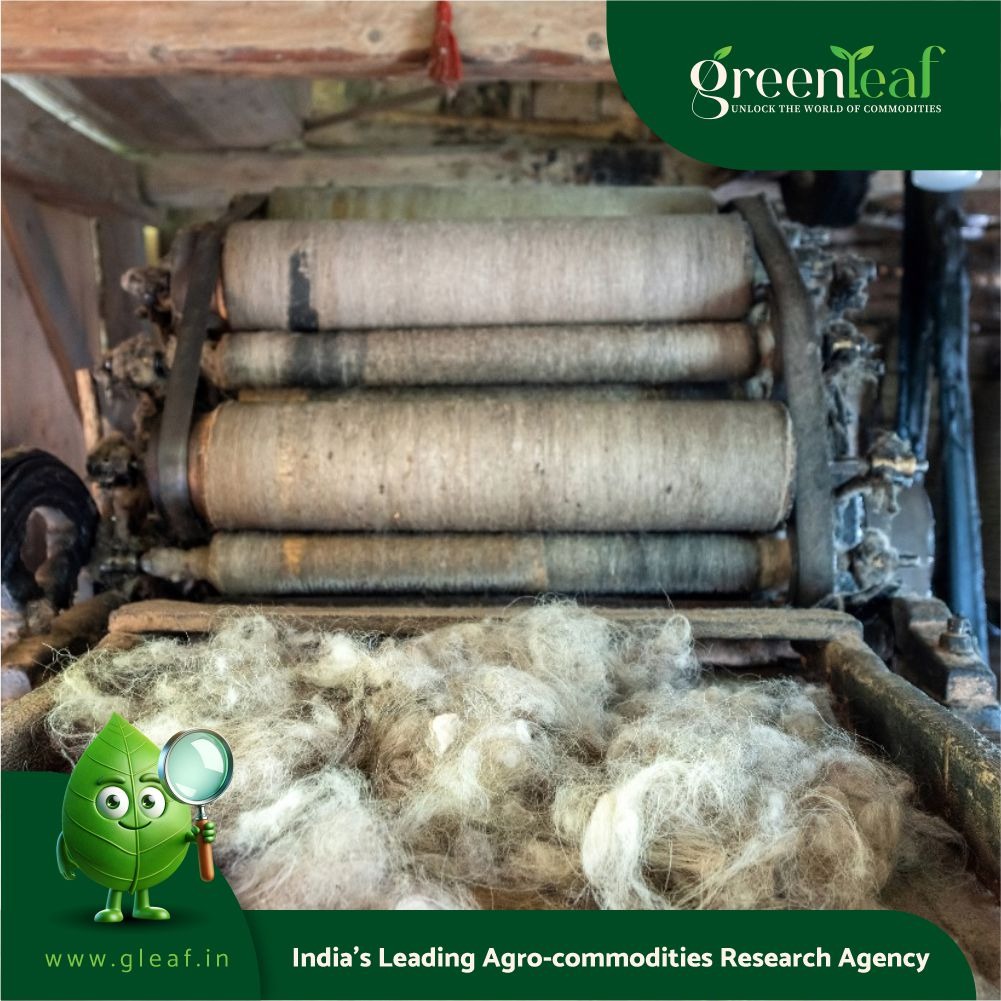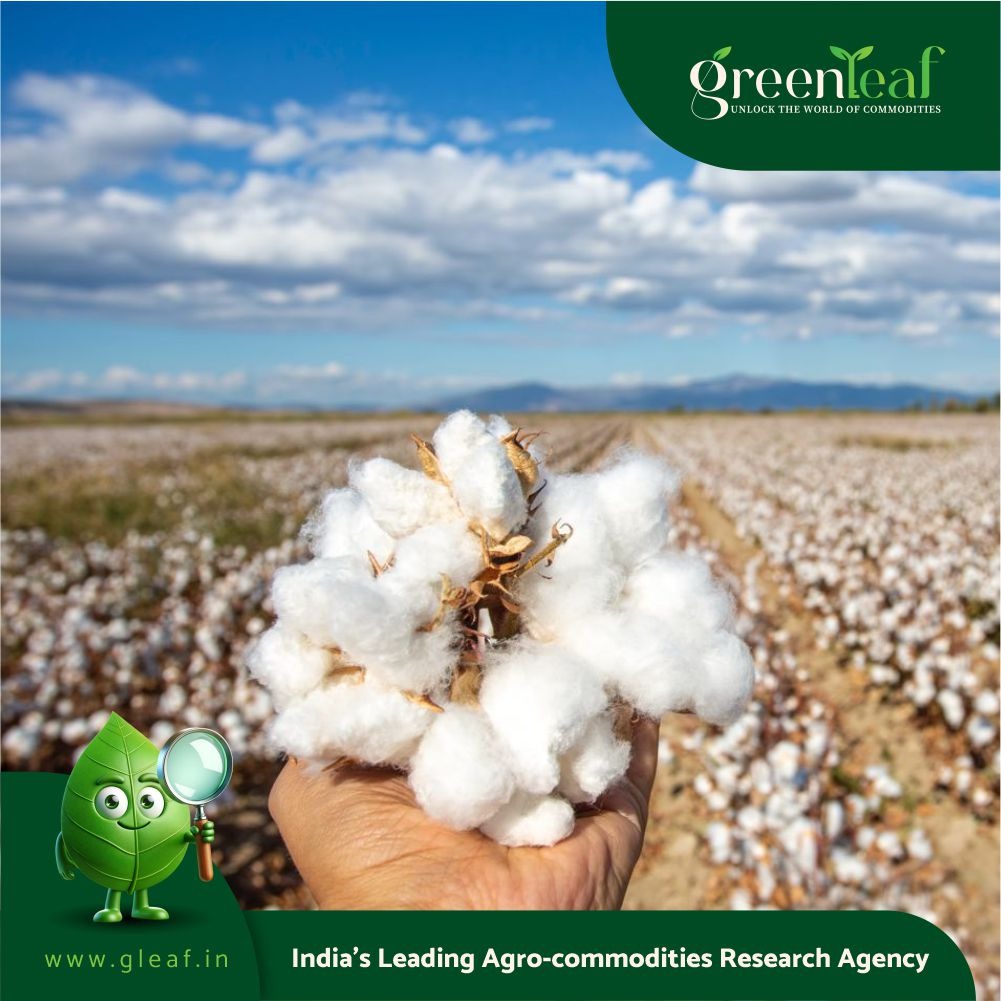Around 1 pm on a hot October day, 12-year-old Kokila piles into a vehicle waiting near the cotton fields of Gujarat’s Khedbrahma. Around her, men, women and children get into, and even onto the roof of, similar vehicles — ready to be taken home to Udaipur’s many villages after a hard day’s labour.
Kokila, who belongs to the Garasiya tribe and is from Udaipur’s Mamer village, is one of the many children employed at the cotton fields of Gujarat. Her day starts at 5 am, when she, her mother Meeta Garasiya (43), and her six siblings all troop to a three bigha field in Khedbrahma, where they will work until 1 pm.
Their efforts earn them Rs 200 per head for both adults and children, of which Rs 50 is paid to the vehicle. “Two years ago, I used to go to school every day and would work in farms only during the harvest season from December to February. But then my father became ill and my mother asked me to work on the farm full time. I’m happy to contribute something,” she says.
In July, as many as 36 children in Rajasthan’s Udaipur district were rescued after a government crackdown on child labour. When The Indian Express visited one cotton field in Khedbrahma, it saw many children – both boys and girls – piling into waiting vehicles while some were still working in the fields.
In its 2019 study ‘Development’s Forgotten Children’, the Udaipur-based advocacy group Centre for Labour Research and Action (CLRA) said that as much as 12.20% and 19.75% of the total labour force on cotton plantations in North Gujarat and Rajasthan’s Udaipur are children or adolescents.
But the survey, which covered Banaskantha and Sabarkantha districts in North Gujarat, and Udaipur and Dungarpur in South Rajasthan, is also careful to point out that “these estimates lie on the lower side, as the farmers don’t acknowledge child or adolescent labour”.
Many of the children thus employed are from the region’s tribal areas such as Kotra, Jhadol, Lasadiya, Salumbar, Sarada, Kherwara, Rishabhdeo, and Gogunda – areas known to be among the poorest in the state.
Gujarat is one of India’s leading cotton producers, with 26.8 lakh hectares under cotton cultivation. Children, some even as young as eight, are employed to help with artificial pollination – a process under which human help is required to transfer pollen from one cotton flower to another. The average cotton plant is four feet tall, making children “optimal” for the task, locals say.
“The procedure involves touching the male flower bud with the female flower plant many times a day,” says Sarfaraz Shiekh, director at Kotra Adivasi Sansthan, a tribal rights’ organisation that has been actively working against child labour. “Middlemen hire children at a per day rate and take them to the Gujarat border to work in farms.”
He further says: “From September-October — the months for artificial pollination — and December-February, children are either taken by the middlemen to Gujarat or they get involved with farm work at their home. This impacts their attendance in school. From the age of eight, the dropout rate of tribal kids is also high”.
Calls and texts to Rajasthan’s Minister of State for Women and Child Development Manju Baghmar went unanswered.
But experts say there are also considerable challenges involved in cracking down on the practice, the first appearing to be the lack of reporting. On his part, Udaipur District Magistrate Arvind Kumar Poswal acknowledges that child labour is a widespread problem in agriculture, particularly in the cotton industry. At the same time, he also voices his helplessness because of the lack of reporting of such cases.
“We’re aware of the problem in the tribal belt but no complaint has been filed with us. Most of the time, these children go to work with their parents, so no one comes forward,” he said.
However, the Udaipur Child Welfare Committee chairperson Yashoda Paniya claimed there have been several incidents where child activists took the help of police to intercept vehicles taking children to Gujarat. Citing one such case from April, when activists and authorities intercepted a bus full of children being taken to Gujarat’s textile industries, she says: “We’re planning to launch an operation soon to crackdown on child labour in cotton plantations.”
Officials also say that to skirt the police checkposts on the highway between Udaipur to Khedbrahma, vehicles often take interior roads.
Another is the absence of data on the true scale of the problem. According to Sarfaraz, when government scrutiny increased, some cotton companies began urging tribals in Udaipur’s forest areas to grow the crop.
“As a result, the owner of these new farms works on their field all day with their family, including children. So now, children are still involved in the farm work but on their own farms,” he says.
This is also pointed out in the 2019 study by CLRA — according to that, as much as 70% of cotton production has been outsourced to the tribal areas of North Gujarat and Rajasthan over the last few years. As a result, three lakh children – 1,25,000 children and 1,90,000 adolescents – continue to work on cotton fields in the four districts covered by the survey, says CLRA secretary Sudhir Katiyar.
Dhruv Kumar Kaviya, a member of the Rajasthan State Commission for the Protection of Child Rights in Jaipur, admitted to a growing trend of engaging tribal children as farm hands. To help resolve the problem, Kaviya calls for a comprehensive rehabilitation policy for child labourers. This includes closely monitoring school dropout rates.
“One of the biggest reasons is poverty, so even after these children are rescued, there’s a chance that they will return to farms,” he says. “The Rajasthan government also has no survey to know the exact number of these dropouts. So, we need a policy focusing on this to prevent children going back to the fields.”
Farmer unions in Gujarat, though, deny that children are being employed in farms there.
According to Vakat Bhai Patel, former president of Gujarat Kisan Sangh, children accompany their parents to work since there’s no one around to watch them. “We hire farm labourers, not their kids. Even if the children are helping their parents during their free time, we always ask the parents not to get them involved. The allegation of hiring children for farm labour is false,” he says, speaking from his home at Khedbrahma.
















